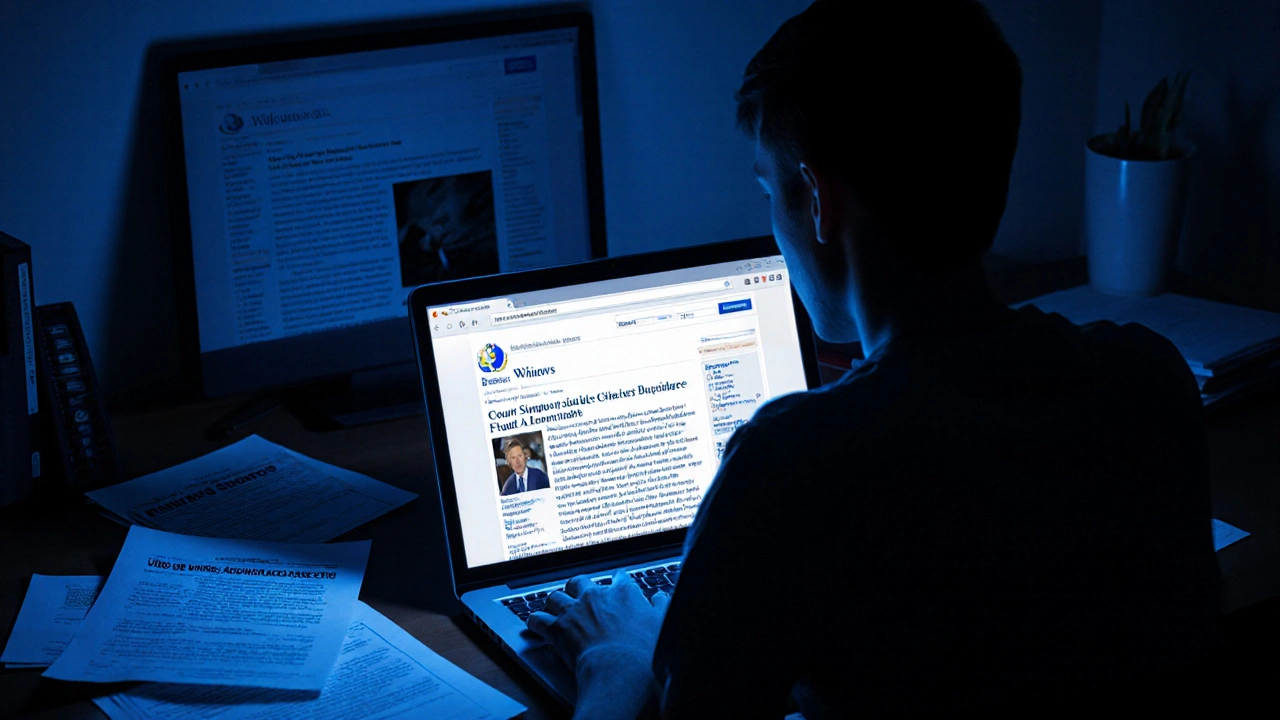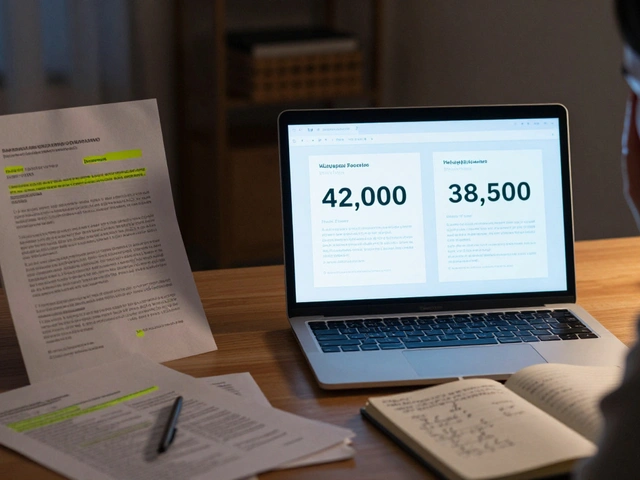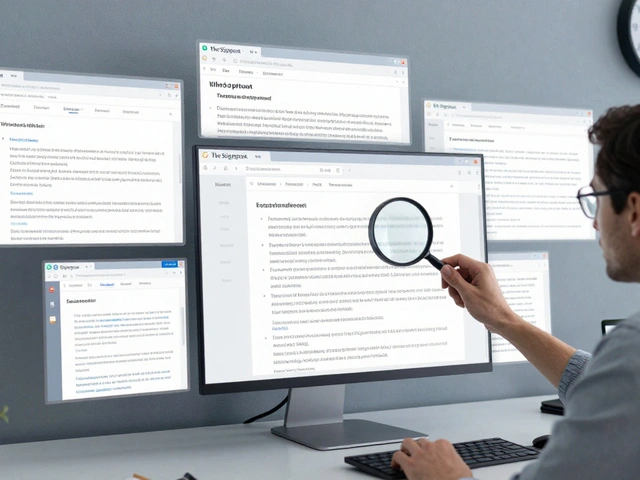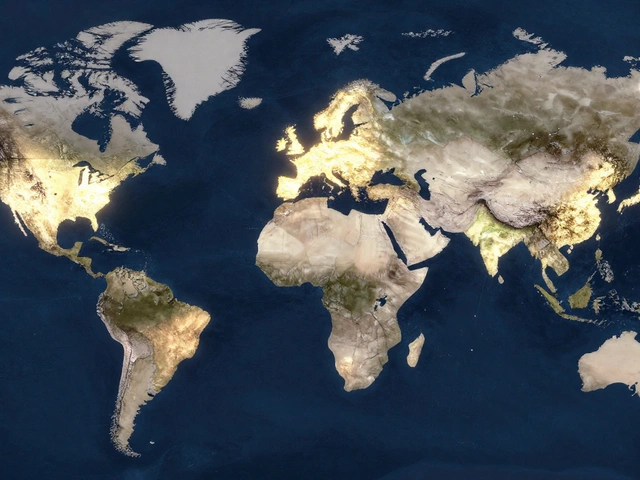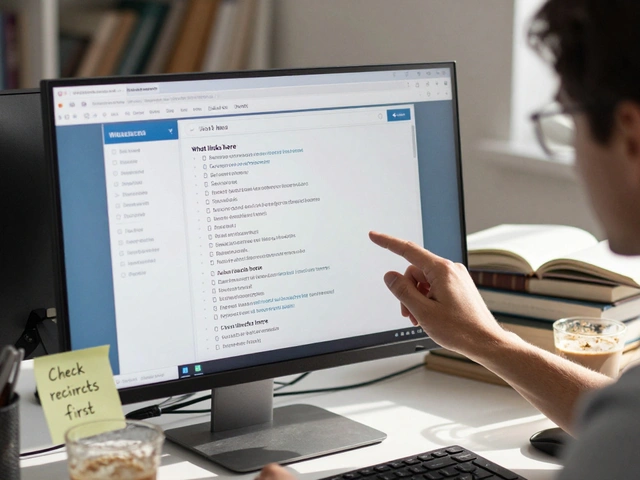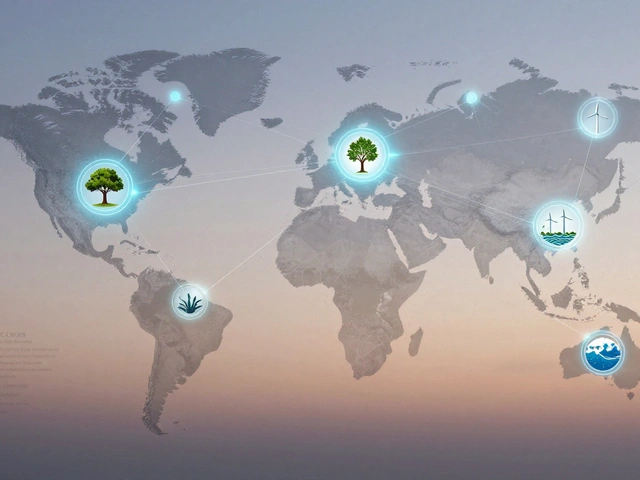Jurisdiction on Wikipedia: Who Decides What Belongs in the Encyclopedia?
When you edit Wikipedia, you’re not just adding facts—you’re stepping into a system of jurisdiction, the authority granted to editors and community bodies to make binding decisions about content, conduct, and policy. It’s not a legal court, but it’s just as real for editors who’ve had their changes reverted, blocked, or locked out of articles. This jurisdiction comes from consensus, not laws, and it’s enforced by volunteers who follow rules written and rewritten over two decades. Unlike traditional media, where editors hold top-down control, Wikipedia’s jurisdiction is distributed. Anyone can challenge a decision, and power shifts based on who shows up, who cites policy, and who stays calm under pressure.
This system relies on three key players: Wikipedia policies, mandatory rules that govern content and behavior, such as neutral point of view and reliable sources, Wikipedia editing, the day-to-day work of adding, fixing, and defending content by volunteers, and consensus building, the process where editors negotiate agreements through discussion, not votes or authority. These aren’t just buzzwords—they’re the gears that keep Wikipedia running. For example, if someone adds unverified info to a biography, jurisdiction kicks in: a copy editor might revert it, a administrator might protect the page, and a dispute resolution team might step in if tempers flare. The Wikimedia Foundation rarely intervenes directly—it only steps in when legal threats, harassment, or infrastructure risks arise.
That’s why jurisdiction on Wikipedia is messy, slow, and deeply human. It’s not about being right—it’s about being heard. A single editor can’t delete a whole article, but a group of five experienced editors can lock it for months. A new user might get their edit undone because they didn’t cite a source, but a veteran with a track record might get away with less. That’s not unfair—it’s how the system balances openness with stability. You’ll see this play out in every post below: from how the jurisdiction of the Signpost chooses stories, to how copyright takedowns override community edits, to how off-wiki harassment forces the Foundation to redefine who has the right to edit safely. What you’ll find here isn’t theory—it’s the real, messy, working engine behind every Wikipedia article you’ve ever trusted.
Legal Risks on Wikinews: Libel, Privacy, and Jurisdiction Explained
Writing for Wikinews carries real legal risks-libel, privacy violations, and cross-border lawsuits. Learn how to report safely without exposing yourself to lawsuits.
